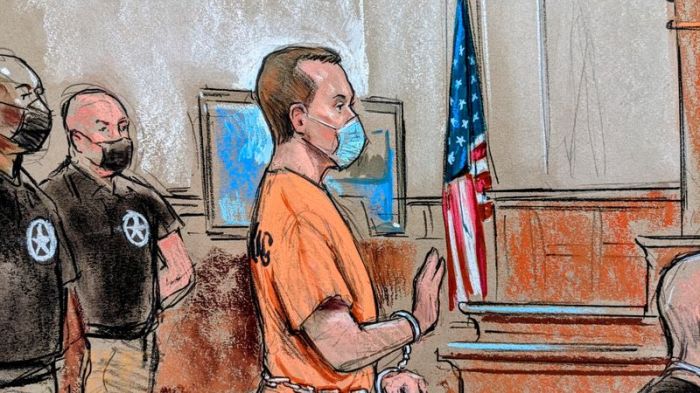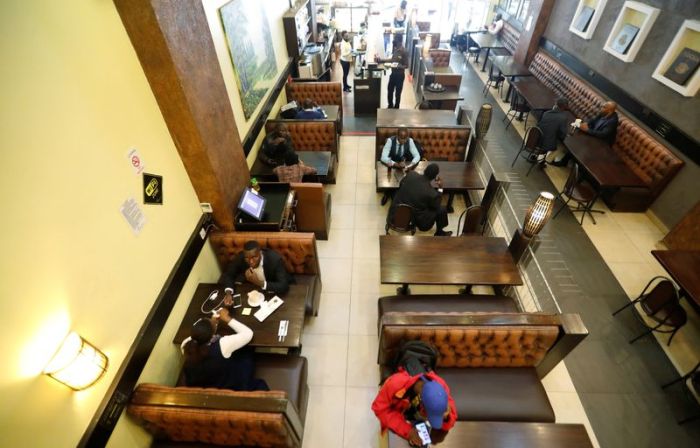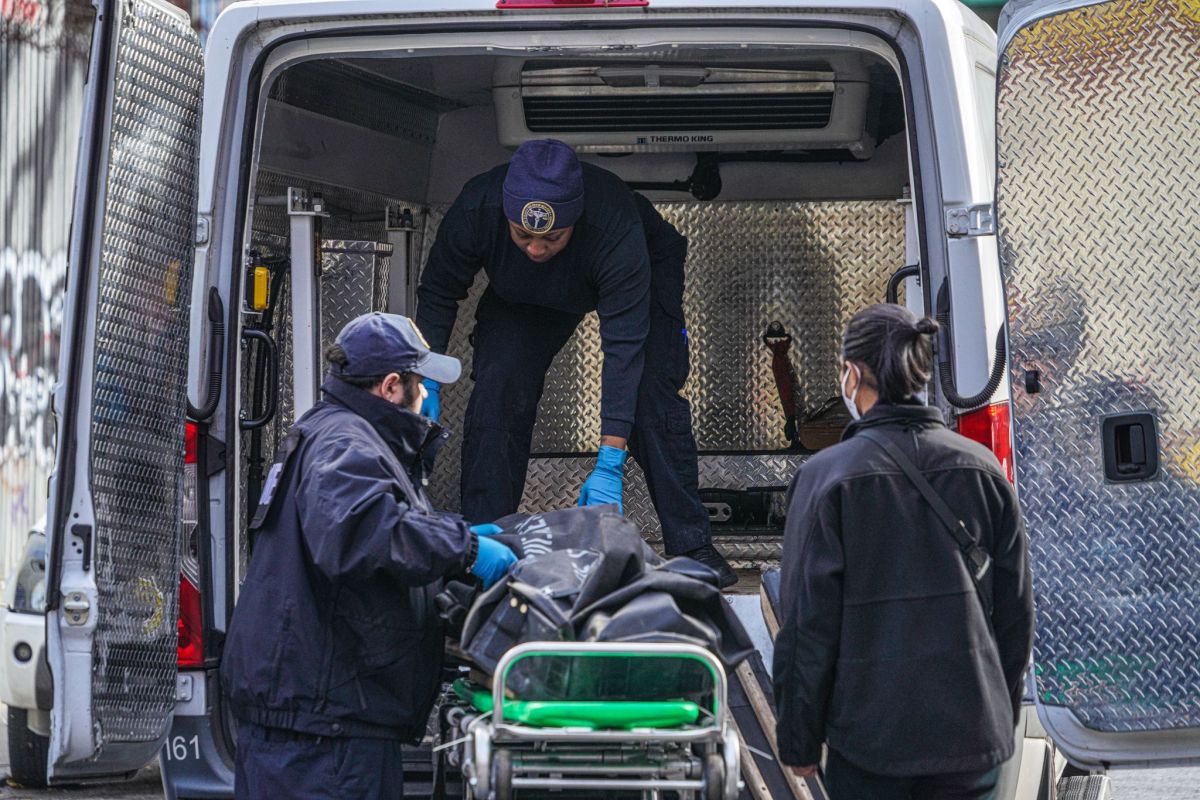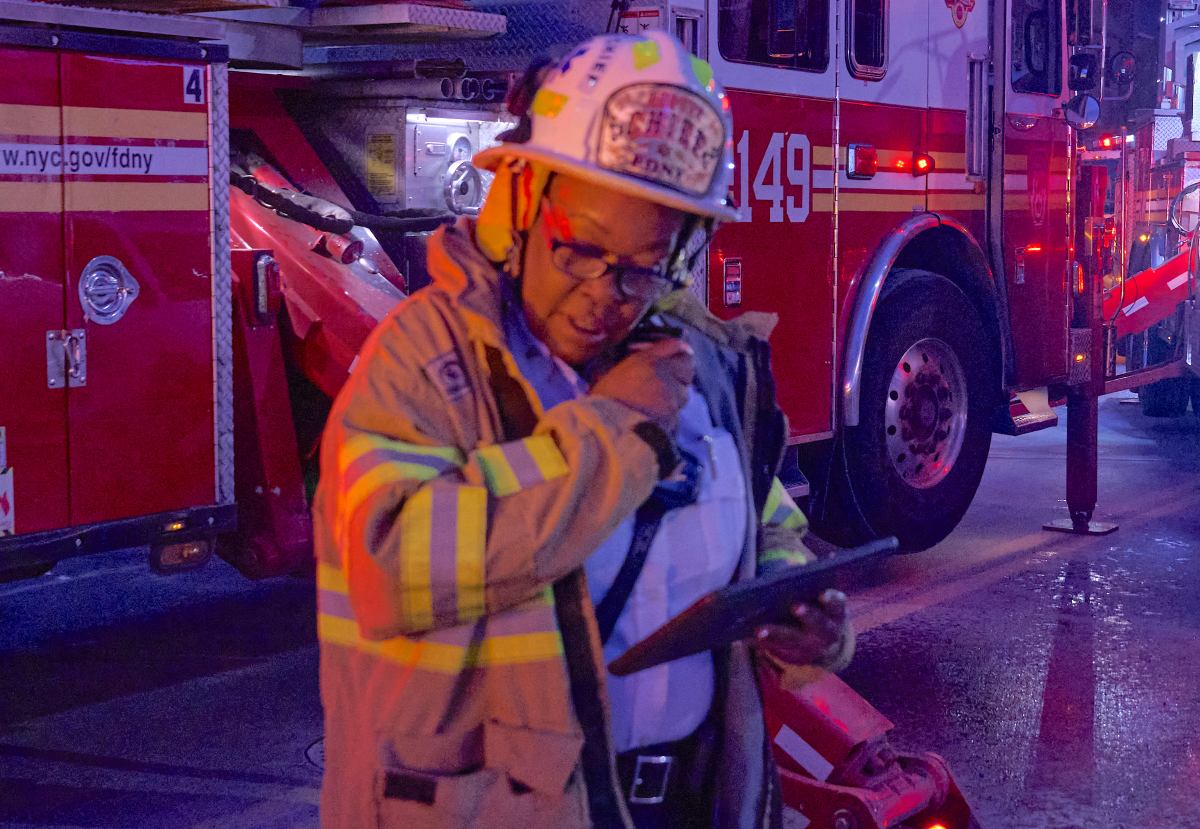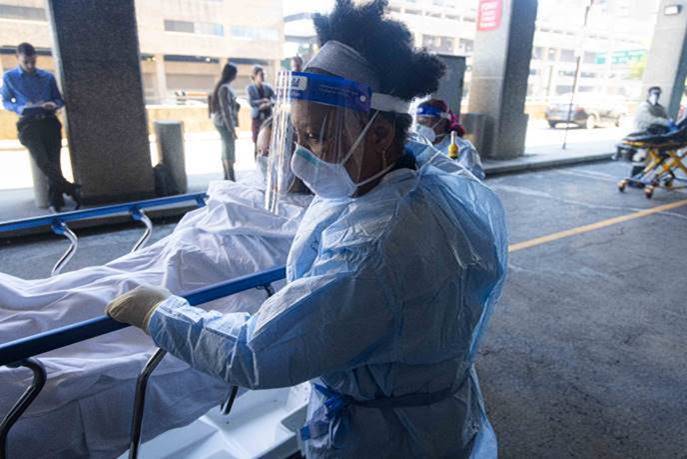AMMAN (Reuters) – Dozens of Syrian refugees who fled the country to escape persecution have suffered abuse at the hands of authorities or pro-government militias after returning home, Human Rights Watch said in a report on Wednesday.
The report documented 65 cases of arrest, arbitrary detention, torture, extrajudicial killing and enforced disappearances between 2017 and 2021 among returnees from Lebanon and Jordan, also accusing authorities in Beirut of pursing an “aggressive returns agenda” against the refugees.
“We have seen the Syrian government continue to commit the same abuses since (the start of the war in) 2011 with no change,” Sara Kayyali, Syria researcher for the U.S.-based rights group told Reuters.
“The reasons they fled in the first place are still there.”
Among accounts documented by HRW was the case of a man identified as Shadi, imprisoned after returning from Jordan and, in January, forced to watch the torture of other detainees.
“They took me to a watch an investigation of a 60-year-old man. They ran electricity through his body… They beat him until he forgot what his name was,” Shadi told investigators.
“They interrogated another man in front of me. He was80 years old and he had diabetes and they electrocuted him. He was blinded. He died in our cell a few days later.”
The HRW report, entitled “Our Lives Are Like Death”, also interviewed officials in U.N bodies, non-governmental organisations and lawyers.
Syria’s conflict has killed hundreds of thousands and displaced millions.
Authorities have denied returning refugees face torture and reprisals, with President Bashar al Assad saying millions were being intimidated to stay in host countries that were benefiting from international aid for them.
But HRW accused Lebanon – which is embroiled in economic and political crises – of pursuing an “aggressive returns agenda”, with decrees to make refugees’ lives difficult, along with summary deportations.
Minister of Social Affairs Hector Hajjar said Lebanon was committed to the principal of no forceful returns of Syrian refugees, and of guaranteeing their eventual safe return with respect to international treaties.
All countries should halt forced repatriations to Syria, HRW added.
“Any calls to return (refugees) prematurely is going to result in them facing serious risks and even death,” Kayyali said.
Jordan, meanwhile, has not publicly pushed for large-scale organised repatriations, but has closed many jobs to foreigners, HRW said, a move authorities say is designed to ease unemployment among locals.
Despite the refugees worsening plight in Lebanon and Jordan, the number of spontaneous returns has not significantly increased, HRW added.
“If it’s secure, in Syria, who doesn’t think of going back to his country? But now it’s not safe… Nothing encourages us to go back,” said one refugee, named as Abou Alaa, at an encampment in Akkar, Lebanon.
(Reporting by Suleiman Al-Khalidi; additional reporting by Hams Rabah in Amman and Reuters TV in Lebanon; editing by John Stonestreet)






